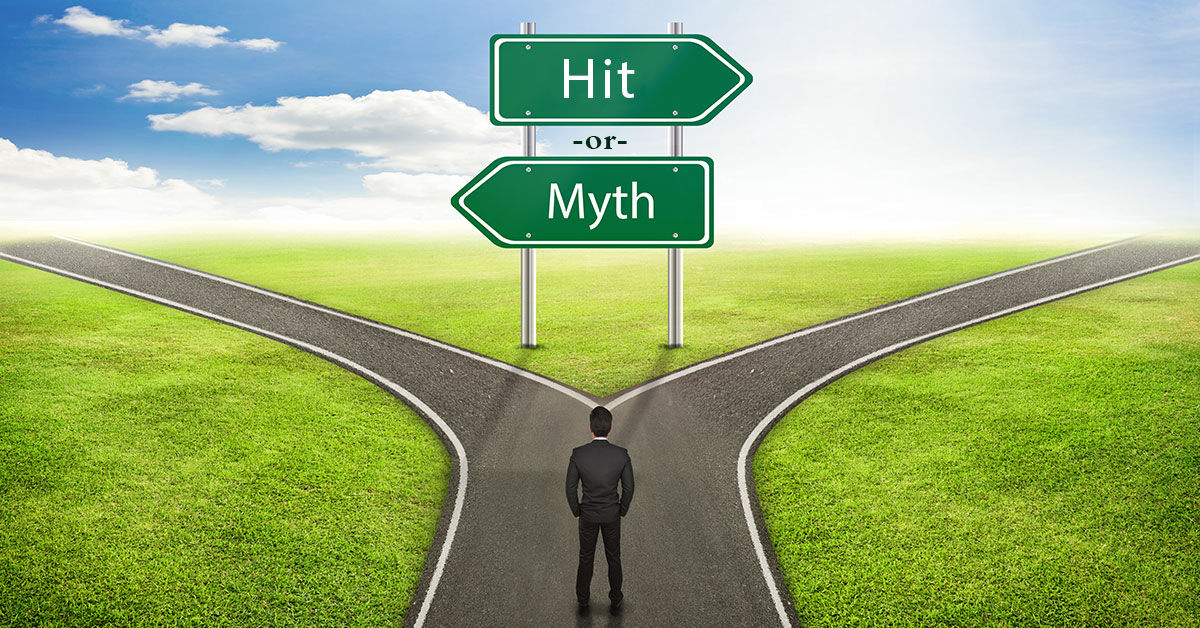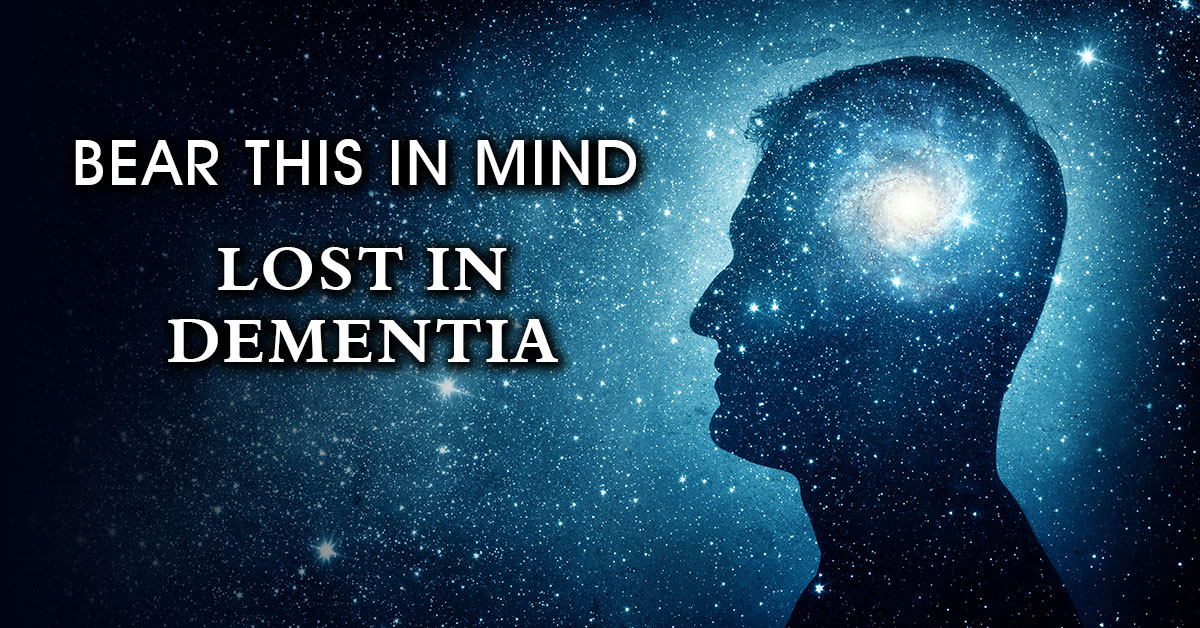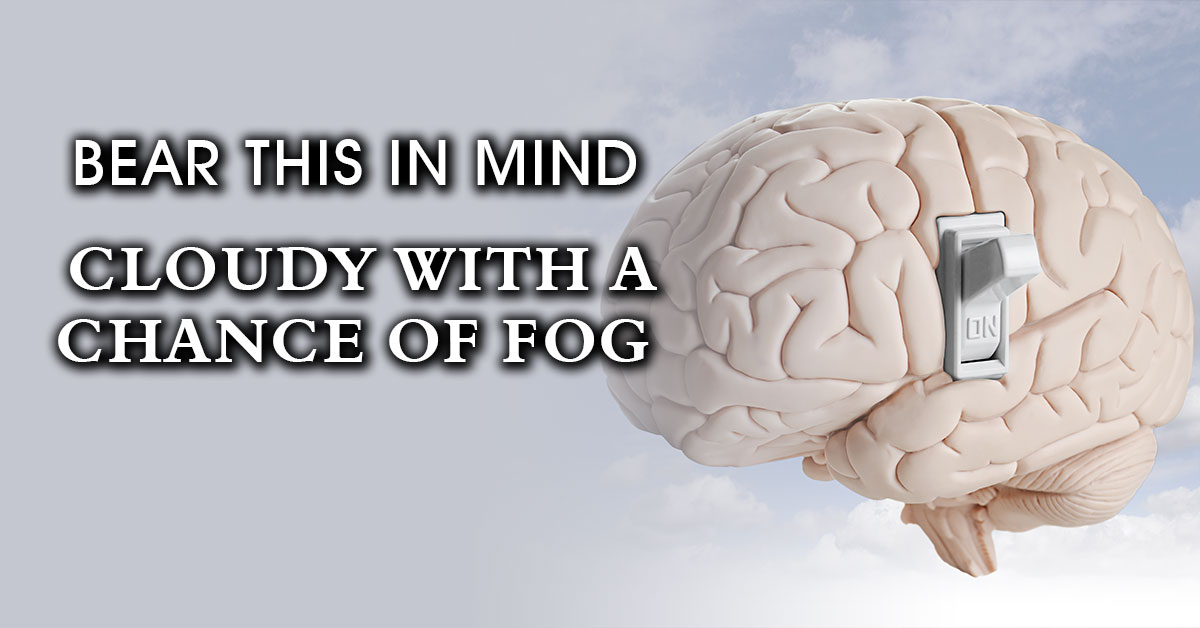VITAMIN D – Hit or Myth

Huh? It’s a hormone? Un-huh. Vitamin D is perhaps the single most underrated nutrient in the world of nutrition, in a class by itself. It is made in the skin, gets into your bloodstream and then goes into the liver and the kidney where it becomes activated as a key steroid hormone called Calcitriol. It then goes to the intestines, bones and other tissues, effecting metabolic pathways and the expression of myriad genes. Vitamin D’s active form can interact with almost every cell in the body directly or indirectly, targeting up to two thousand genes.
A Lot Stronger Than Just Strong Bones
Vitamin D is continuing to gain recognition for its role in optimizing health, proven to initiate a physiologic response in 36 tissues of the body.
Being deficient in Vitamin D is one of the best ways to sabotage your health. Vitamin D is involved in so many physiological functions and maintains our health in so many different ways that once you start to count its benefits, you might begin to wonder if there’s anything this fat-soluble vitamin doesn’t do. Here’s just a short list:
- It fights disease
- Reduces depression
- Helps regulate blood sugar
- Improves muscle function
- Aids in brain development
- Helps prevent skin conditions like psoriasis and eczema
- Boosts weight loss
- Prevents calcium build-up in the arteries
- Plays a role in normalizing blood pressure
- Even has anti-cancer effects (more about this later)
A Dose of D
Are you deficient in D? You can bet your health on it. So how much do you need to do all this amazing stuff? It’s tricky. Seems a lot of people have a lot of opinions. What’s too little? What’s too much? As a general rule, older people need more Vitamin D than younger people, large people need more that small people, fat people need more than skinny people, northern people need more than southern people, dark-skinned people need more than fair skinned people, winter people need more than summer people, sun-scared need more than sun worshipers, and ill people may need more than well people. The numbers never seem to add up.
It’s All in the Balance
Because Vitamin D is a hormone that plays numerous roles in your health, it must be treated as a hormone in getting the help your need. Few people view their vitamin D supplementation as hormone replacement therapy, but that’s exactly what it is. And what do you know about hormones? What does your regular doctor know about hormones? Most likely, not very much. What you need, is someone with serious hormone replacement experience. Someone who understands how delicate trying to balance the hormones in your body is. An expert who knows hormones inside and out, able to make you feel better inside and out. And in the Denver area, no one knows more than Dr. Stephen A. Goldstein MD, F.A.C.S. at Denver Hormone Health. With an in-depth consultation and simple tests, he can determine what D is doing to you. And do something about it.
Call for an appointment now.
Oh, a and stop throwing money away on supplements.


